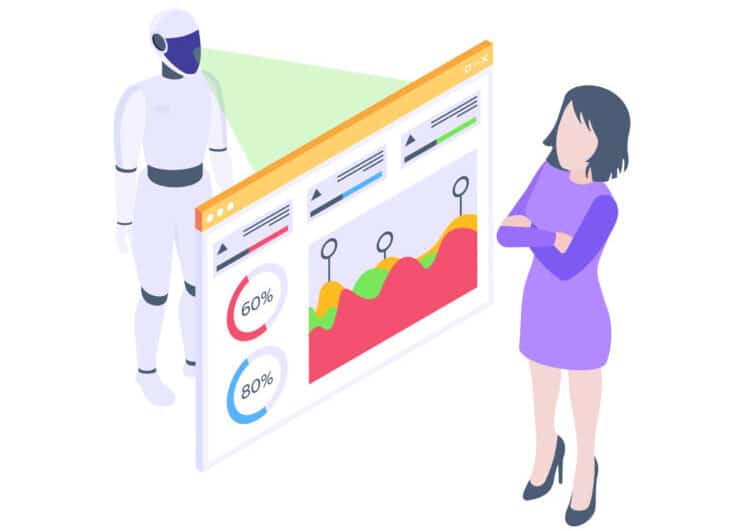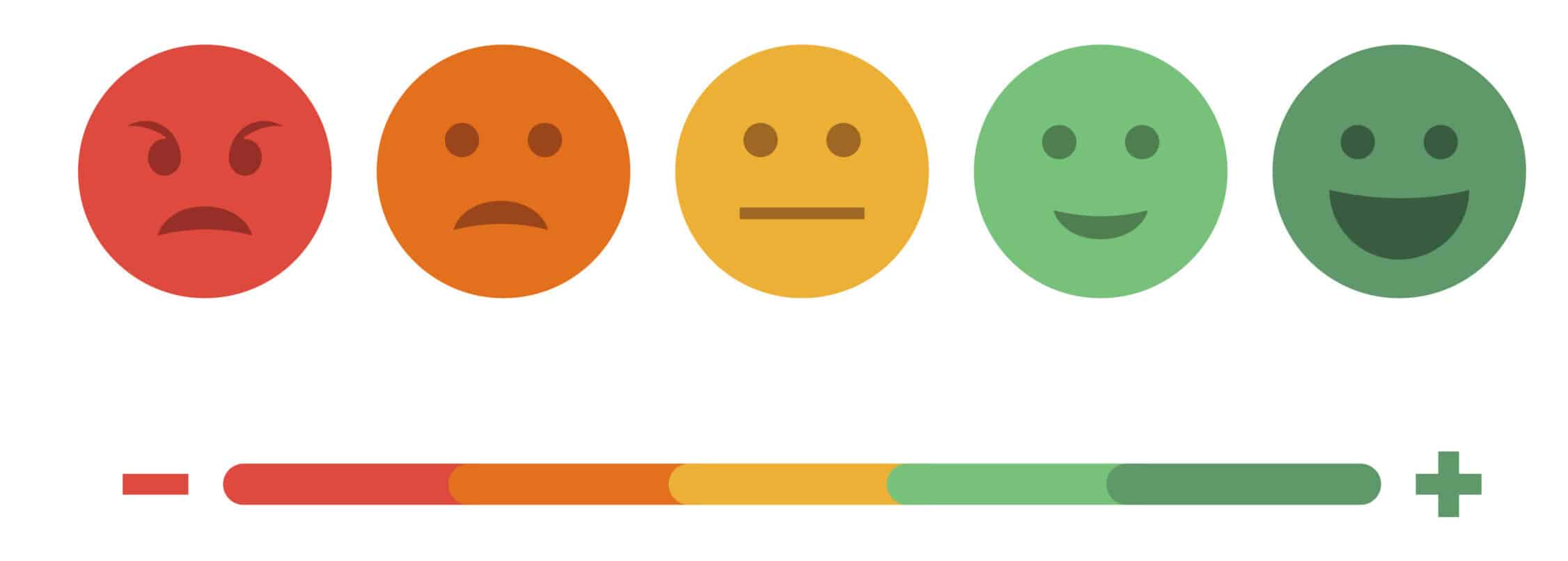Conclusion
Whether it’s through enhancing lead generation, improving lead scoring, reinforcing customer engagement, or providing more accurate sales forecasting, AI holds the keys to drive significant improvements in efficiency, productivity, and results.
As we move forward into a world where the digital landscape is ever-evolving and competition is becoming increasingly fierce, there is a critical need for AI. It’s not just about staying ahead; it’s about survival in a new sales ecosystem that rewards data-driven decision-making, agility, and customer-centricity.
For executives who want to keep their companies at the forefront of sales performance and innovation, the time to act is now.
Start by setting a strategy for AI adoption, ensuring that your teams have the necessary skills to leverage this technology and set up measures to track the impact of AI on your sales performance. Don’t just wait for AI to become a necessity; leverage it proactively to drive your growth and success in the future.
Furthermore, it is important to remember that AI isn’t a standalone solution, but rather a tool that should be used along with human insight and empathy. While AI can provide valuable data and predictive analysis, it can be the human touch that truly engages customers, builds relationships, and closes sales.
To excel in the sales industry, your organization needs to seamlessly integrate AI with human skills, leveraging the best of both worlds. This creates a salesforce that’s not just powered by artificial intelligence, but is also intelligent in understanding, connecting with, and responding to your customers.
Make no mistake, AI is not a fad that’s going to fade. It’s a revolutionary force that’s transforming sales across various industries and the globe. The question is, are you ready to harness AI power for the growth of your organization?




